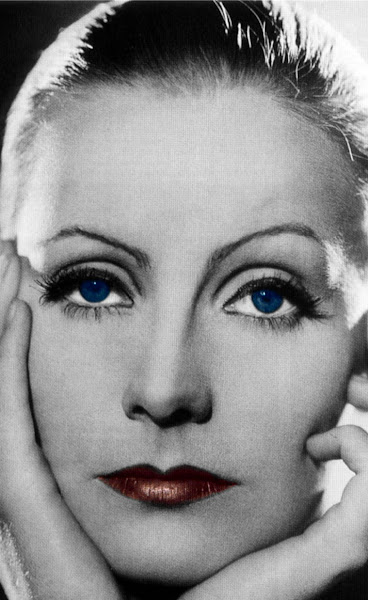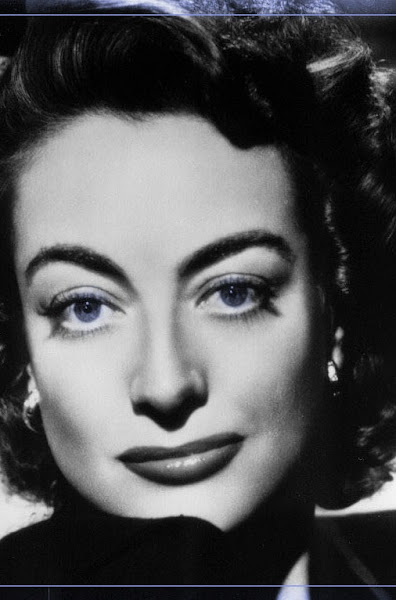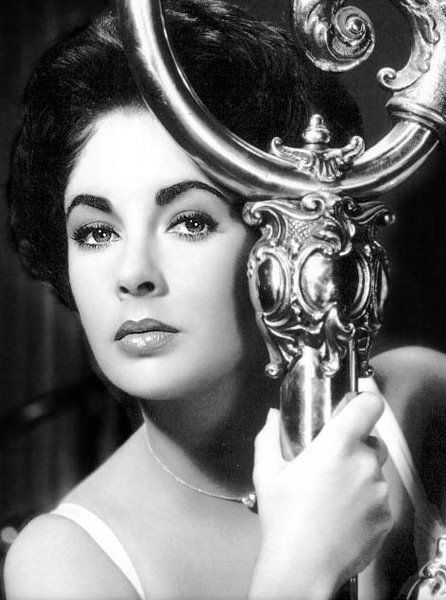 ***½ out of ****
***½ out of ****
The public usually holds the morals of religious officials to higher standards than themselves, and for the characters of “Doubt,” this standard is just as high. Thus, the main characters are frowned upon by viewers for what the Bible would deem generally unbecoming acts. For example, the central conflict of “Doubt” concerns what happens when a nun breaks God's rules to expose a priest of questionable integrity for possible indiscretions. But is it her place as a lady of God?
In the 1960s, things are well in one Catholic church until Father Flynn (Philip Seymour Hoffman) delivers a sermon about doubt, which leads stuffy Sister Aloysius (Meryl Streep) to question its foundation. As she hunts for some—any—reason for misconduct, naïve Sister James (Amy Adams) provides her with the basis she requires to make her assumptions. Sister James is concerned when a black student is called to Father Flynn’s rectory alone and returns troubled, and with the special attention Sister Aloysius notices him receiving, she calls Father Flynn’s motives into question as she accuses him of sexual misconduct. The rest of the film then focuses on this question: Did he do it?
The acting in “Doubt” is its greatest strength. Even when the plot feels like it has lost some thrust, the titanic talents of the four main actors yields astonishing, even explosive results. Streep stands out, as usual, as dry Sister Aloysius, and her rigid approach to the character tells tales of its significance. Sister Aloysius acts on suspicion, perhaps without reason, but by way of “certainty” free of doubt. She lives against the words of the Bible by gossiping and proclaiming herself better than others, but she justifies her “holier-than-thou” work as the “greater good.” Viewers learn little about her past or why she thinks the way she does, but what is clear is her sizable wariness of Father Flynn. Meanwhile, Amy Adams plays Sister James well, with a splendid character development in accord with her own talent. Though I have noticed Adams’ tendency to be cast in “nice” roles, such as recent roles in Disney’s “Enchanted” and her Oscar-nominated role in “Junebug,” she acts with honesty that legitimizes her own character’s moral and religious challenges. Meanwhile, Philip Seymour Hoffman’s Father Flynn holds his own, and his impressive facial acting reveals the presence of his secrets without actually revealing what they are. Particularly fascinating is the juxtaposition of the scenes featuring the presentation of his fingernails (“I like them a little long”) and the dinner with the other priests (featuring red meat). The feminine partiality, in particular involving his emphasis on enjoying his nails long, nudges viewers to consider him as a possible homosexual, and this supposition leads them to consider his possible indiscretions. Last but not least, Viola Davis is the surprise of the film, leaving a mark so emotionally resonant that she is perhaps the film’s greatest cannon. Consider: What kind of actress picks a fight with Meryl Streep’s character and wins? Davis does it, tears and all, and her affect moves all viewers as all she wants to do is protect her son.
One of my favorite aspects of the film is its tendency to incorporate style to engender metaphors. For example, with lighting, Sister Aloysius uses the sun through blinds to “shine a light” on Father Flynn during his interrogation, and with props, she carries a trident-looking lightbulb changer across a room in her quest to bring down the priest. In addition, the weather is a notable motif—the winds grow more violent around Sister Aloysius as she works to uncover the truth.
The best thing about the film is that it does not remove the doubt that surrounds it. While some films would elect to reveal everything in the end, “Doubt” refuses to do so, keeping viewers guessing (and doubting) until the last seconds and even beyond. Did Father Flynn touch Donald? What is his real story? What does he have to hide? Clearly, “Doubt” will spark controversy with its concentration on the touchy subject of priestly indiscretions in the Catholic Church, but since the play on which the film is based is titled “Doubt: A Parable,” perhaps here is the moral conflict: Is it Sister Aloysius’ place to talk about her neighbor and degrade his character? Or is she justifiable if he is what she thinks he is? Do the ends justify the means? Certainly, this is a complex film of many layers.
“Doubt” is currently playing in theaters.
*Originally published in the January 14 issue of Versus Magazine: Entertainment & Culture*
January 14, 2009
Doubt
Subscribe to:
Post Comments (Atom)

.jpg)

.jpg)
.jpg)

No comments:
Post a Comment